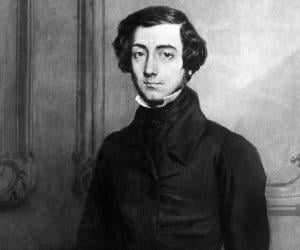
The notes, he said, underscore Tocqueville's "almost pathological fear of bureaucracy" and suggest that his preference was for worker organizations, self-help groups and voluntary associations. "He did leave some notes hinting at the direction of his thinking," Drescher said in a telephone interview. According to Seymour Drescher, the University of Pittsburgh professor who translated "Memoir" for his out-of-print book, "Tocqueville and Beaumont on Social Reform," Tocqueville shortly afterward ran for the French chamber of deputies and never wrote the second paper. It is frustrating because Tocqueville ends his devastating critique of welfare (not included in the collected works of Tocqueville published after his death) with the promise of a second paper in which he will tell us how to prevent pauperism. That's the French author-statesman Alexis de Tocqueville, in a fascinating and frustrating paper, "Memoir on Pauperism." The obscure document is fascinating because it provides a dispassionate look at a problem we tend to view as unique to America, and does so in a time and place - the England of 150 years ago - that avoids the complications of race and ethnicity. "The inevitable result of public charity to perpetuate idleness among the majority of the poor and to provide for their leisure at the expense of those who work."

State welfare exacerbates the very poverty it attempts to relieve - not because it is inadequate or badly administered, but because its failure is built in.


 0 kommentar(er)
0 kommentar(er)
